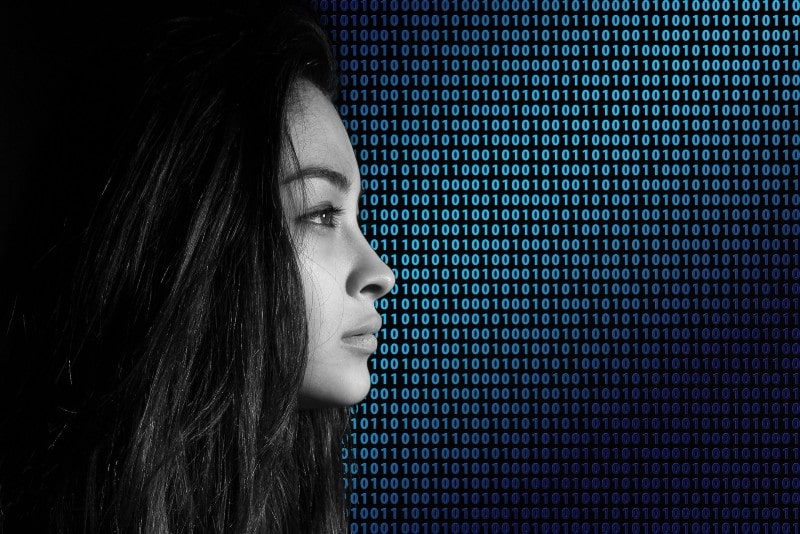No products in the cart.
Why Is Your Online Privacy Important?

There’s a common misconception among Internet users that online privacy tools are only for people who partake in illegal activity. Even if you feel like you have nothing to hide, you need to protect your privacy from the following entities:
Marketers
Ever wonder why you see an ad for a product on the Internet that you were researching just recently? Marketers track your online activity with cookies and other sophisticated techniques to create advertising profiles that invade your privacy.
Cybercriminals
Hackers, thieves, predators, and other people with malicious intent on the Internet use all types of malicious software like spyware, stalkerware, keyloggers, and ransomware to breach your online privacy.
Through malware attacks, cybercriminals can steal your money, identity, and valuable data. With more people online during the COVID-19 pandemic, privacy breaches from cybercriminals increase exponentially.
Big Brother
As statements from the whistleblower Edward Snowden show, your government spies on you. Even if you trust your government with your privacy, do you trust other governments across the world? Many nations like to keep a tab on world citizens.
Trolls
We become more polarized as a society with each passing day. There is always someone who disagrees with an opinion we express on Facebook, Twitter, Instagram, TikTok, or any other social media page. Even if we stay clear of social media, it’s essential to use online privacy tools to protect other members of our household.
It can take mere minutes for someone to find your exact location using your IP address. A troll can dox you or send police to your home with a false report, resulting in catastrophe.
How Do I Protect My Online Privacy?
Protecting your online privacy requires a multipronged approach.
- Use difficult passwords to make it difficult for hackers to breach your accounts
- Always log out of websites when you’re done with a session
- Read the terms of service carefully before hitting the ‘accept’ button
- Don’t download programs that demand access to your confidential data
- Avoid dubious emails, links, and websites
- Delete your cookies
- Use a secure web browser
- Update your operating system and other pieces of key software regularly
- Secure your network with a firewall
- Don’t overshare on social media pages
- Use privacy settings on social media pages to restrict access to your confidential information
In addition, you need to sign up with a Virtual Private Network (VPN) to protect your privacy on the Internet. Of course, this begs the question; can you be completely anonymous online with a high-quality VPN service? Well, you can certainly come close to complete anonymity when you use the right VPN.
A VPN encrypts your data so that even your ISP can’t watch you. However, old and free VPNs use outdated technology that can be hacked easily. Also, many free VPNs carry malware and spy on you.
Only a cutting edge service uses the latest encryption technology to ensure your security and privacy on the Internet. The right service also masks your IP address, allowing you to bypass geo-blocking technology in order to access new content.
Although there are many privacy concerns on the Internet, you can stay secure by adopting some safe practices and using a good VPN service.










Leave a Reply